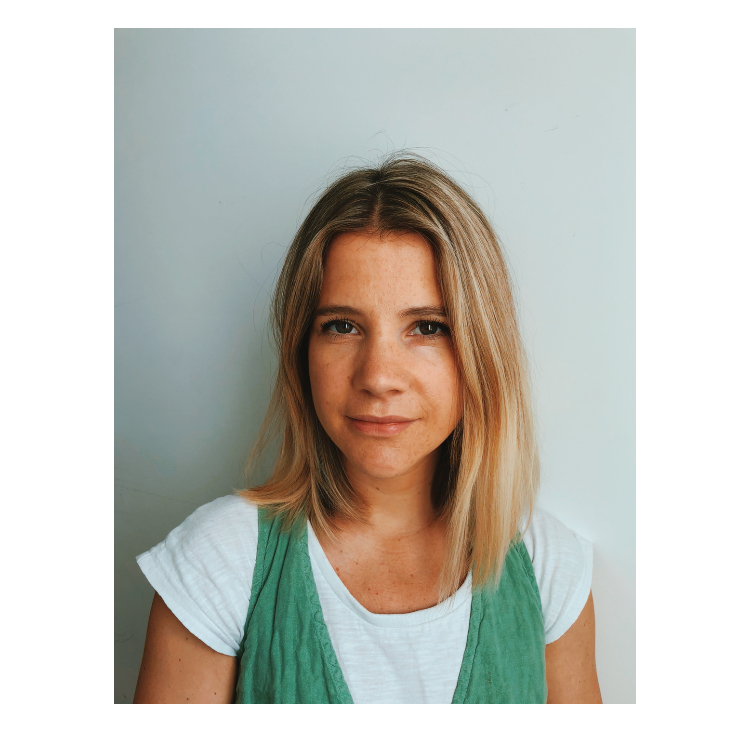'I'm a control freak finally relinquishing control and for the first time I feel free'
Like hundreds of thousands of Londoners making a post-lockdown exodus for a new life elsewhere, I finally came to realise that however clearly we might map out our futures, fate will always have other plans
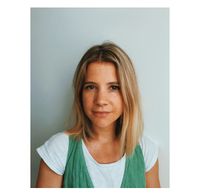
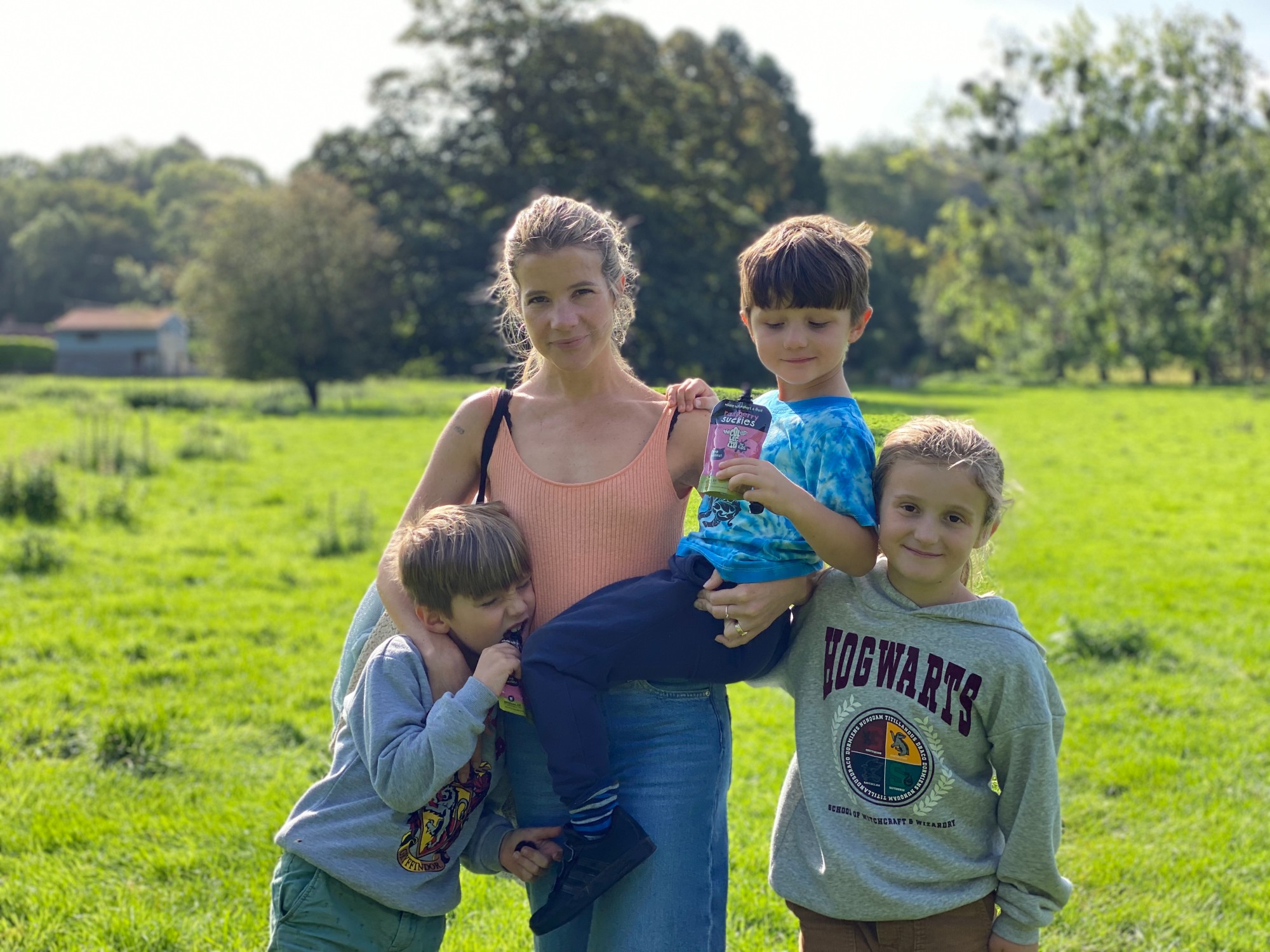
Celebrity news, beauty, fashion advice, and fascinating features, delivered straight to your inbox!
You are now subscribed
Your newsletter sign-up was successful
Like hundreds of thousands of Londoners making a post-lockdown exodus for a new life elsewhere, I finally came to realise that however clearly we might map out our futures, fate will always have other plans
The calendar hung on a nail in the entrance to our kitchen. I’m sure there is a witty metaphor I could employ here about it being my cross to bear, but more than a year since the pandemic started I’m too tired to think of it. Instead, let’s just say that from 2018 to 2020, the calendars have been Moomin-themed, and in that time under Little My’s devilish grin and Moomintroll’s gloriously rotund belly, there stood my life, Charlotte Philby, here you were divided into 30 or so squares.
Within each square, my existence was further dissected into a series of tiny colour-coded squiggles relating to the lives of myself and my three children, which might in one day read roughly as follows: Deadline for first draft, Jesse kick-boxing, Rosa forest school, Xander play-club, food box delivery, pay tax bill, NB: NIT LOTION. (My husband prefers to operate on the reliable basis that I tell him what we’re doing a month in advance and he doesn’t listen, and then double-books.)
Scheduling was my salvation and nemesis
The fear of the schedule is nothing new. I grew up in a household where relaxation was not a concept; where if I was sitting down and my mum walked into the room I would leap up and pretend to be doing something. Anything. Decades later, I can still visualise my after-school timetable: gymnastics before school Monday to Friday; then cello and after-school drama lessons on Mondays; Tuesdays, flute and horse-riding; and so on through the week, with choir on Sundays. It doesn’t take a psychoanalyst to see that the period in my late teens and early twenties when I abandoned all extra-curricular activity in favour of being constantly, blissfully stoned, might have been a reaction against such rigid structures.
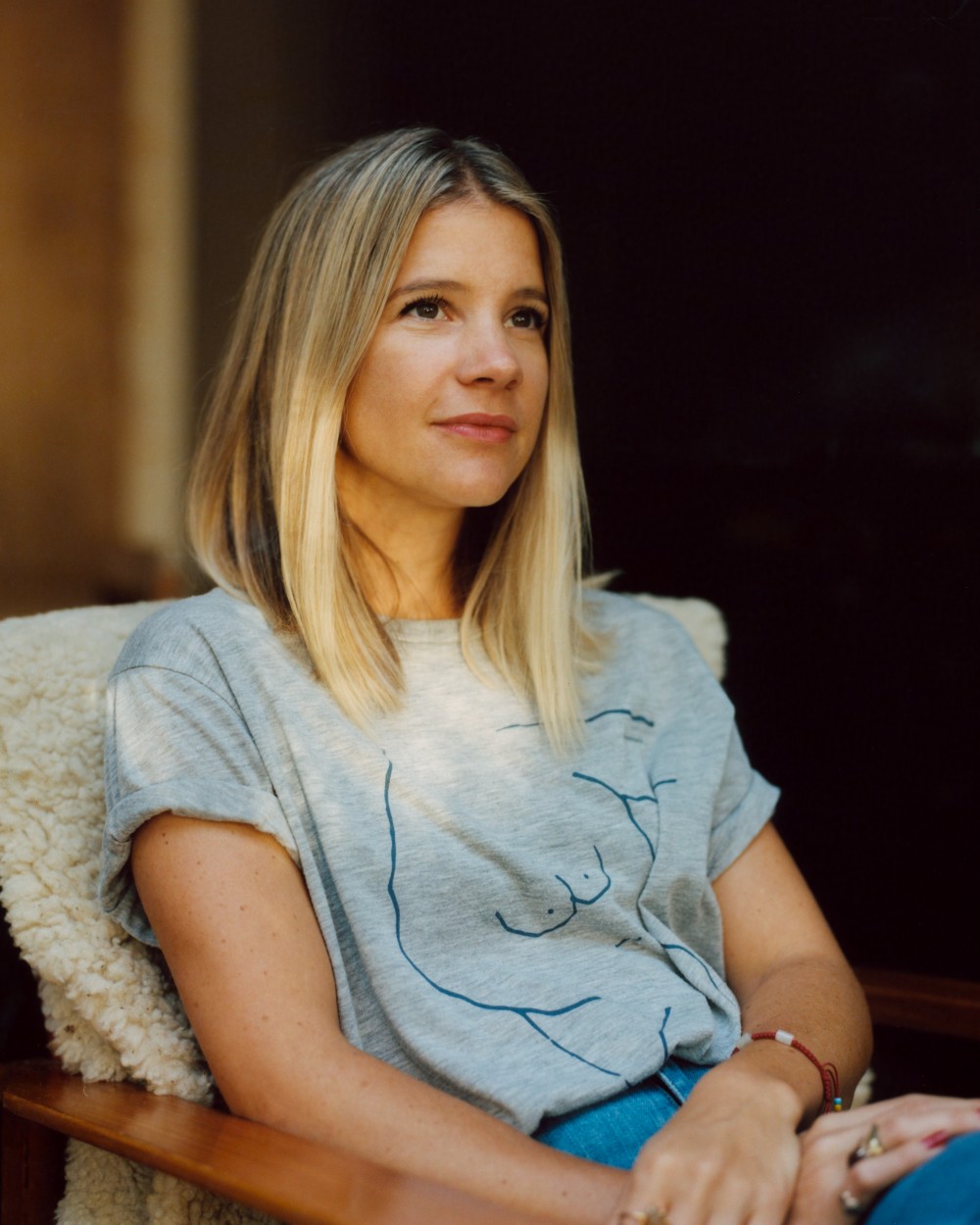
Yet, over the past decade, since having children and various full-time jobs, and feeling myself grow physically tight in response to the multiple pulls of modern life, the calendar has snuck its way back into my life - in the process it has become both my salvation and my nemesis.
Calendar nightmares
As my career and the cerebral demands of motherhood have grown in recent years, I have felt those crammed boxes goading me every time I go to sleep, reminding me of how much there will be to do when I wake up. At one point it got to the stage when I was so overwhelmed by the various demands that it neatly manifested in one chaotic and over-packed space that I had to stash it in the back of the drawer, taking it out every few hours to check where and who I needed to be next. Still, at night I would wake up and visualise all the things I had to do in the coming days, its image projected on the ceiling like a particularly traumatic scene from The Queen’s Gambit, but without the chess or the need for hallucinogenic pills. And yet, without the calendar, I would be lost. Wouldn't I?
It was whilst I was talking to a friend one day, in February last year, freshly returned from NYC and having mysteriously lost all sense of taste and smell – ahem – and exchanging notes in increasingly competitive fashion about how stressed and overburdened we were. Then as she announced that she couldn’t keep a calendar because it would stress her out too much, that I realised for me it wasn’t so much about organisation as it was about control. The idea of not having a place to put all my tasks and achievements and challenges, to safely bundle them in one manageable spot, was ultimately about trying to keep on top of a world that at times felt it was spinning into chaos.
Celebrity news, beauty, fashion advice, and fascinating features, delivered straight to your inbox!
"By putting everything in one place, I was keeping in charge in the only way I knew how. That is to say, not very effectively"
A month or so later, in March 2020, with lockdown underway, and travel banned, it became apparent that my carefully-laid plans for the rest of the year, which included a six-month trip around Europe with my family – each step of the painstakingly crafted trip detailed – would have to be abandoned. There was a sense of bafflement, but also a tinge of relief, as I took the calendar off the wall and placed it in the drawer. Now, everything I had anticipated, everything I thought I knew, no longer held ground. Over the weeks and months that followed, as it became increasingly clear that life wasn’t just going to slip back to normal and in that sudden loss of control, there was frustration and fear, but there was liberation, too. For if we could no longer rely on schools being open and there being a multitude of places to meet friends – or indeed the freedom to meet them anywhere – and if the structures that we rely on to keep us in place can no longer be relied on, there was suddenly the space to think about what I really wanted.
Making a break
It would be wrong to say that having ditched the calendar, I found myself free to consider what it is I really want from life, but psychologically, as well as practically, getting rid of it was significant. The calendar wasn't the shackle, but it represented the things that were.
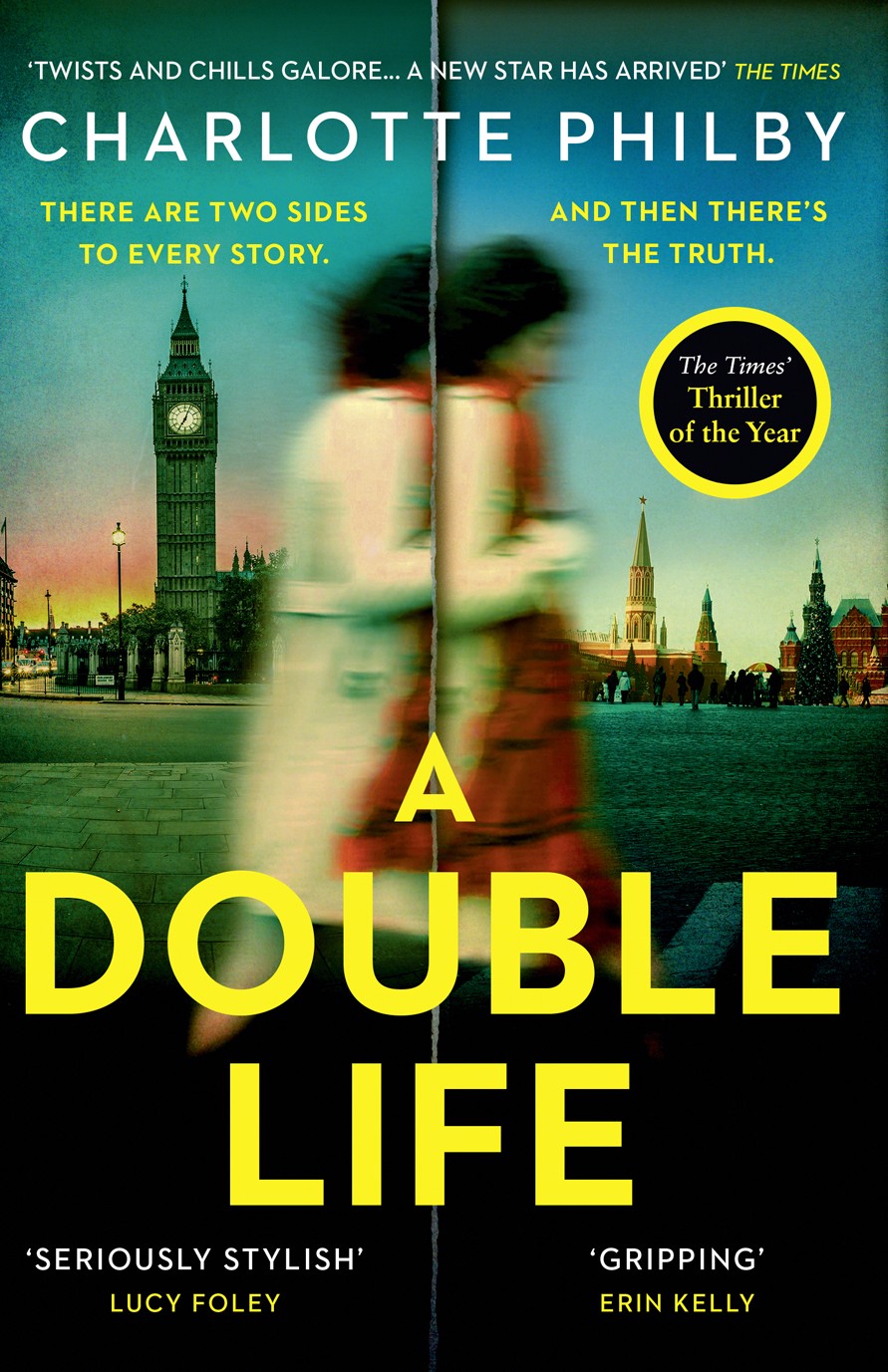
Despite for the past five years wanting and constantly discussing the idea of leaving London, where I grew up, to try something new, in the past it always felt too scary to warrant the risk. We had a good life: our children loved their school, we had friends, my career as 'Charlotte Philby the novelist', was finally taking off. Besides, there was always too much else to do - too many variables to consider. Would the schools be good? Would we miss our friends too much? Would it be difficult to work somewhere else?
Then, over the past year, as the world as we knew it continued to crumble around us and it became clear that we couldn’t guarantee what our life would look like, wherever we were, the fear seemed to dissolve. In September, we put our house on the market, packed our three children into our car along with our essential possessions, rented a short-term two-bed flat in Bristol – chosen not so much at random as because it ticked certain boxes: a city, diverse, near lovely countryside and a port so we could easily escape when it was again possible - and put our children in a school that had space. We arrived on the Sunday evening, and they started school the following day, which was the first day of term after six months of homeschooling.
Three further moves later, and two months into our new permanent home in the city, there have been so many more surprises. I didn’t expect to have schools closing again, or to be in a new place unable to arrange play-dates for my kids. We never thought we'd be doing as much work to our new home as we are, whilst I'm trying to finish a fourth book. But within the chaos, I have found a degree of freedom. I am enjoying digging down into what we have, which is the here and now, and the ground beneath our feet.
As the world begins to open up again, I don’t intend to buy another calendar, or start mapping out my days again in the way I did before. Instead of filling every available moment with plans, I relish leaving space for what might be. Because however clearly we might map out our futures, fate will always have something else in store.
* A Double Life by Charlotte Philby is out now in paperback. The Second Woman by Charlotte Philby is out in hardback on July 8 (Borough Press)
